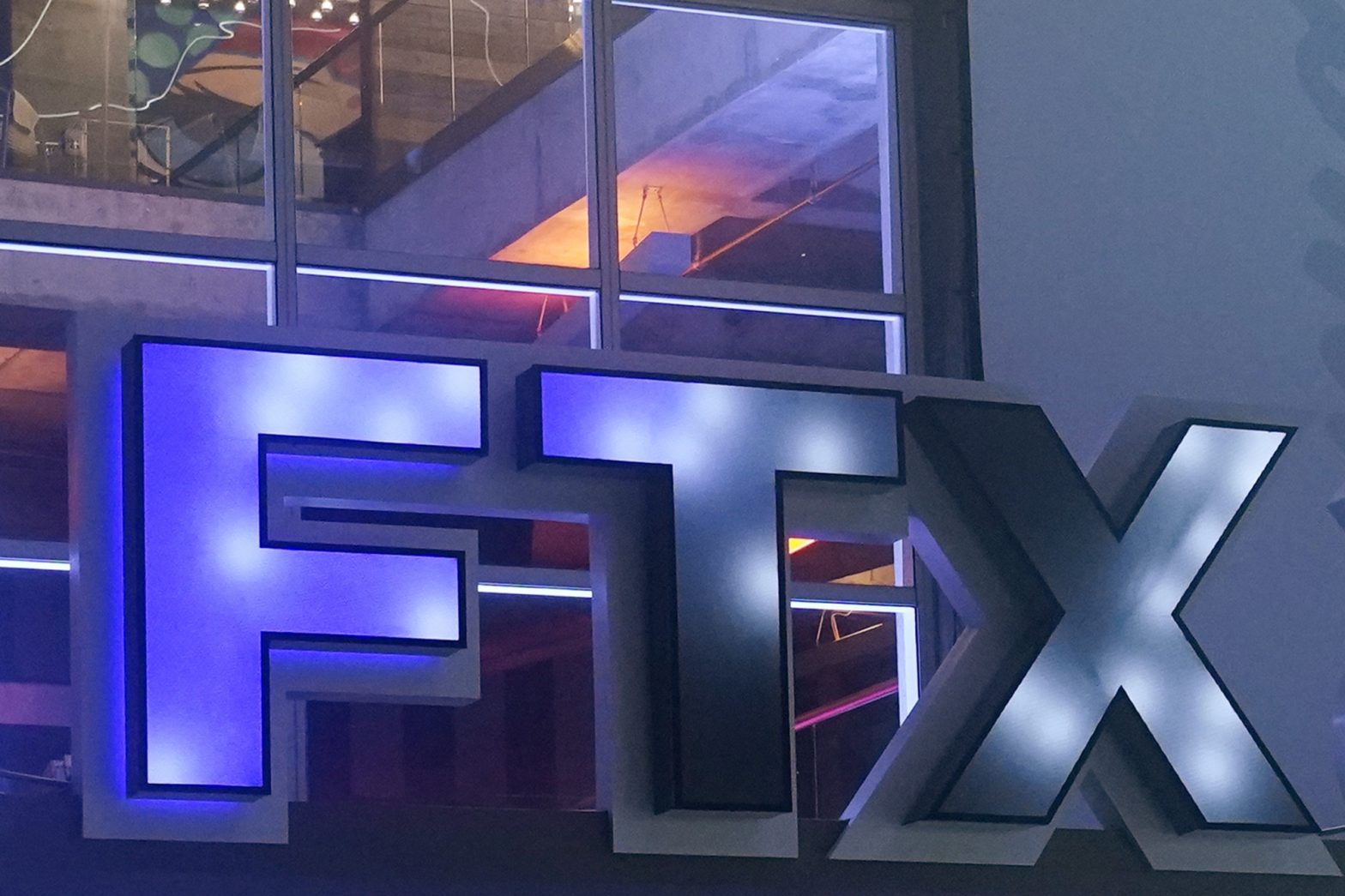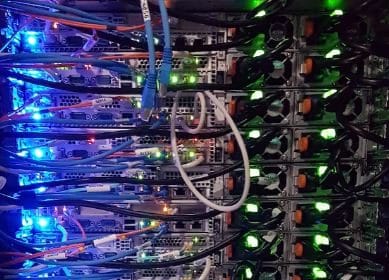Senate Says FTX Cryptocurrency Collapse Shows Need for Government Regulation

WASHINGTON — A Senate committee on Thursday nearly eliminated uncertainties about whether the government will regulate the cryptocurrency industry soon as lawmakers reviewed the collapse of digital financial firm FTX.
FTX’s cryptocurrency exchange held assets of more than 1 million users worth about $32 billion at its peak in 2021. It was founded only two years earlier by Sam Bankman-Fried and Gary Wang.
Cryptocurrency is digital money designed to work as a medium of financial exchange but it has no hard assets to back up its value. It is exchanged through an international computer network that is not reliant on any central authority, such as a government or bank.
Bitcoin and Ethereum Ethers are the world’s biggest cryptocurrencies by investment value.
Three weeks ago, the Bahamas-headquartered FTX filed for bankruptcy after news reports revealed its investors’ assets were being shuffled between different corporate entities to create the appearance of financial solvency among them.
Last month, the financial media outlet CoinDesk reported that FTX’s partner firm, Alameda Research, held a large part of FTX’s proprietary digital currency FTT.
Rival cryptocurrency exchange Binance responded by selling its FTT holdings. Customer withdrawals then spiked.
FTX was unable to meet customer demand for withdrawals, prompting a U.S. Commodity Futures Trading Commission investigation and the bankruptcy filing.
John J. Ray, a corporate liquidator appointed Nov. 17 by the bankruptcy court, said after a brief review of FTX’s financial records that Alameda Research had lent Bankman-Fried $1 billion drawn from customers’ accounts.
“Never in my career have I seen such a complete failure of corporate controls and such a complete absence of trustworthy financial information as occurred here,” Ray told the bankruptcy court.
In addition, Rostin Behnam, chairman of the Commodity Futures Trading Commission, called on Congress to use the FTX collapse as an example of why cryptocurrencies should be regulated like the banking industry.
The Senate Agriculture, Nutrition and Forestry Committee answered with the hearing Thursday, where Behnam was the sole witness.
“The lesson here is clear,” Behnam said. “The answer is comprehensive market regulation.”
So far, the federal government has responded to misdeeds in the cryptocurrency industry by enforcement action against wrongdoers but lacked authority to take preemptive action. Cryptocurrency is essentially the same as the kind of cash transactions between individuals that are handled as unregulated private matters.
The Commodity Futures Trading Commission has levied fines or forced customer reimbursement against cryptocurrency exchanges of $820 million since 2014 but uncovered only “a fraction of what exists in the shadows,” Behnam said.
Enforcement after customers lose their retirement savings or other investments is unlikely to put a stop to the industry’s malfeasance, he said.
“For the victims of the scheme, it’s already too late,” he said.
Republicans and Democrats showed strong support for the leading proposal for a legislative remedy.
Called the Digital Commodities Consumer Protection Act, it would give the Commodity Futures Trading Commission exclusive jurisdiction over all digital commodity trades to regulate them much like banks. Cryptocurrency exchanges would need to register with the commission after proving they adhere to proper corporate governance and financial solvency standards.
The bill was introduced in August by Sen. Debbie Stabenow, D-Mich., who chairs the Agriculture, Nutrition and Forestry Committee.
Without better regulation, “Hardworking Americans will continue to lose billions of dollars at the hands of bad actors like FTX,” she said.
She said lawmakers heard reports about financial irresponsibility at FTX for months but were powerless to do anything about it because cryptocurrency is largely unregulated.
Sen. John Boozman, R-Ark., said, “The choice not to regulate leaves consumers at the mercy of those who would prey upon them.”
Bankman-Fried, FTX’s chief executive officer, appeared to deepen suspicions against himself during an interview broadcast Thursday morning on ABC’s “Good Morning America” television show.
Asked whether he knew FTX customer funds were being used to pay creditors of Alameda Research, Bankman-Fried declined to answer yes or no.
“I did not know that there was any improper use of customer funds,” he said.
He acknowledged that FTX was poorly managed but blamed it on his failure to properly assess the risks for investors.
“If I had been spending an hour a day thinking about risk management, I don’t think that would have happened,” he said.
Asked whether he was concerned about being convicted of a crime and sent to jail, he said, “The world will judge me as it will.”
He revealed that his personal assets, which earlier this year made him a multibillionaire, were now down to about $100,000.
Tom can be reached at [email protected] and @TomRamstack
























